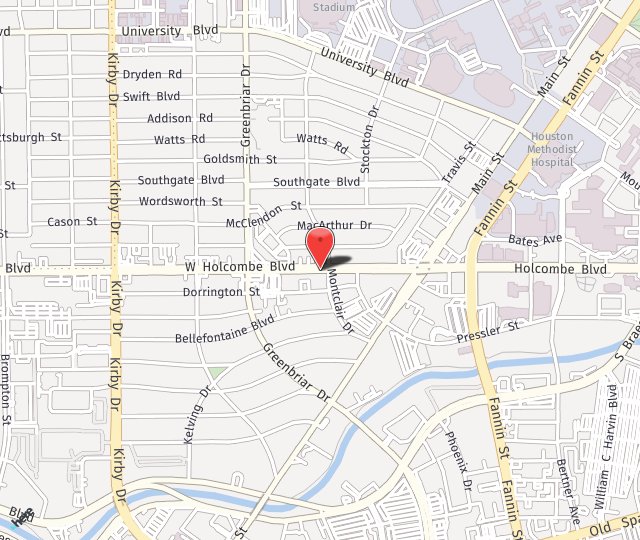TMJ pain comes in many forms and can be linked to a variety of different reasons and causes:
1) Injury or Trauma to the jaw or head
2) Bad bite
3) Airway issues
4) Excessive clenching or grinding
Injury is a common one. Patients may have had blow to the head or jaw years ago and sometimes develop clicking or popping later on. These blows could be as simple being hit by a volleyball or as severe as falling on ones chin or an auto accident and whiplash. The trauma damages the ligaments and muscles which in turn misalign the jaw to the head. This misalignment can lead to many TMJ symptoms such as headaches and neck pain. Many research articles support this, such as the Journal of the American Dental Association and we often see signs of past trauma when evaluating past 3D scans of the jaw and neck.
Another cause of TMJ pain can be a bad bite. This can be thought of as the way the teeth meet together. If your teeth do not meet together in a position in which the muscles and joints that support the jaw joint, it can cause TMJ pain and dysfunction. This type of TMJ can also be made worse with clenching and grinding which often ruins the teeth setting off a worse problem.
Patients, especially children who have airway or breathing problems and breath through their mouths, very often develop a bad bite. This happens because mouthbreathing changes the way the jaws develop. This development places the teeth and jaw in a poor relationship and TMJ problems follow. This is also overlooked in orthodontics as the teeth are often straightened without evaluating the cause of the problem and the treatment becomes unstable down the road.
Grinding and clenching often put more stress on an already compromised joint and further traumatize the area causing head and neck strain.
All these issues can lead to the multiple symtoms that TMJ can cause. Some patients will have obvious symptoms ranging from headaches to popping and clicking to inability to open ones mouth. Others may have only mild symptoms or even just worn teeth.
It is important to seek medical/dental care in trauma situations. For problems with your TMJ it is important to seek care from dentists trained in TMJ treatment.
If you have questions regarding Houston TMJ or Houston TMJ Dentist, please feel free to contact our office, Ronald W. Konig DDS, FAGD,LVIF, 713-668-2289.


